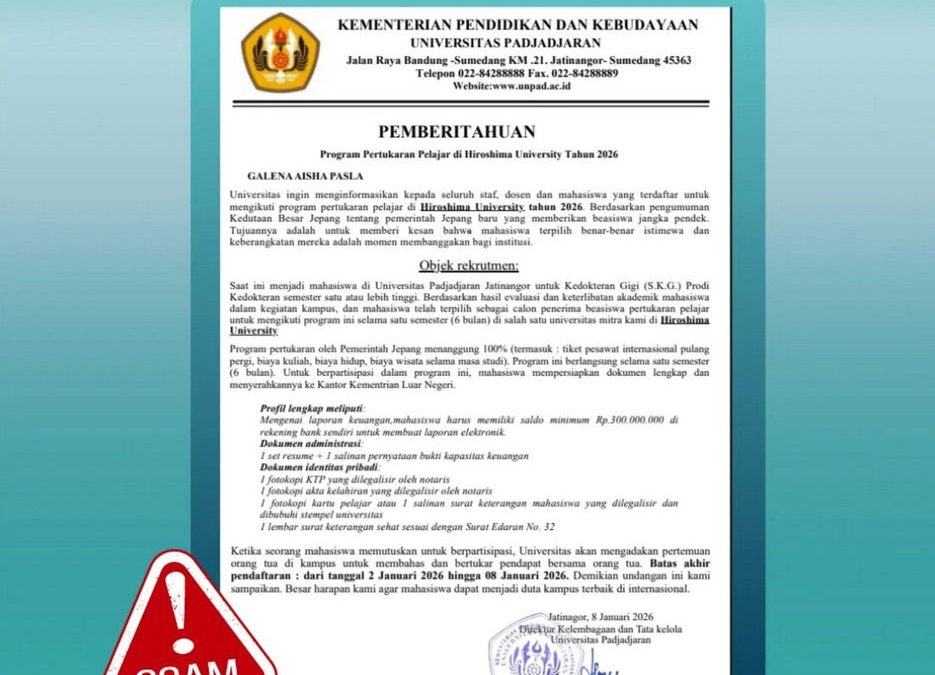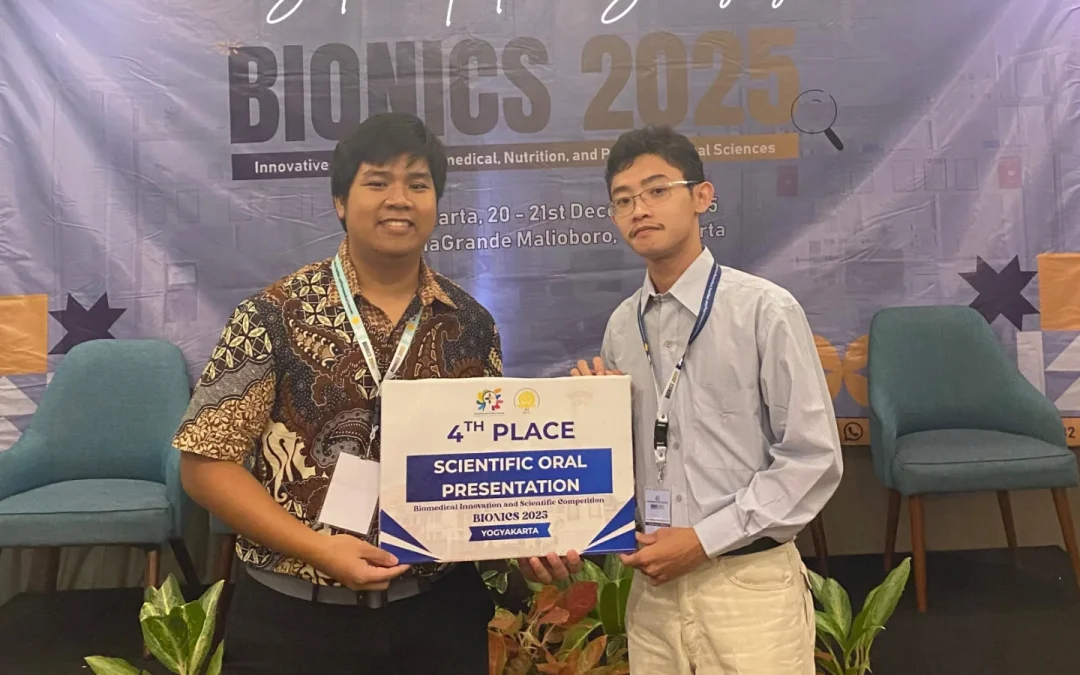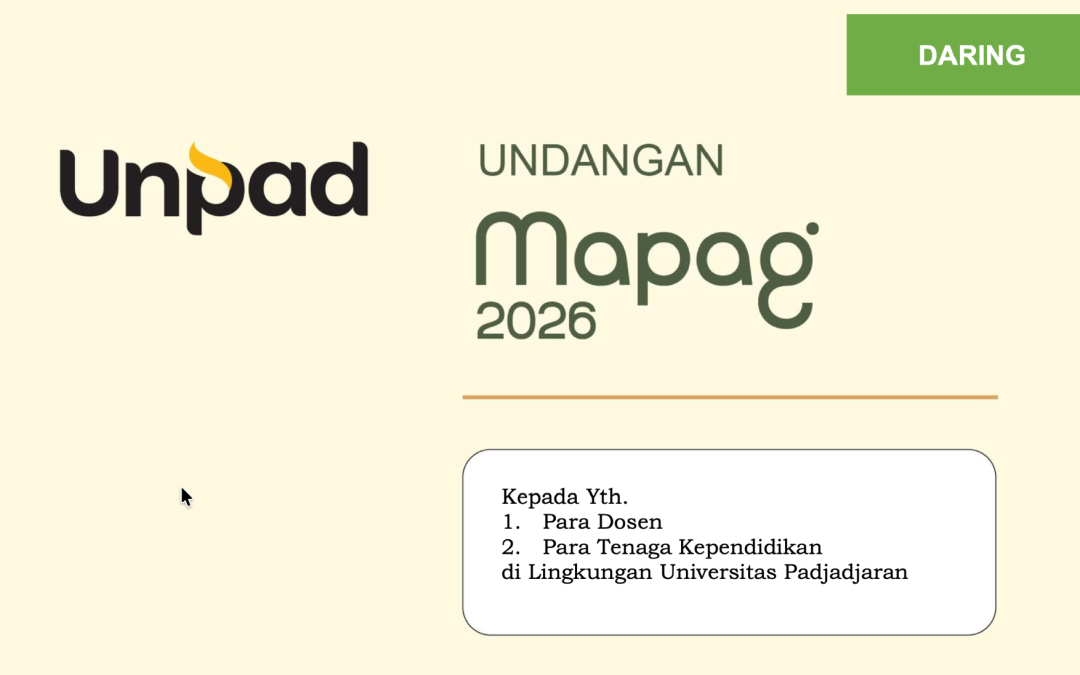
Waspada Penipuan Mengatasnamakan Universitas Padjadjaran
Waspada Penipuan Mengatasnamakan Universitas Padjadjaran
Universitas Padjadjaran mengimbau kepada seluruh Sivitas Akademika Unpad serta masyarakat umum untuk meningkatkan kewaspadaan terhadap berbagai bentuk penipuan yang mengatasnamakan Universitas Padjadjaran, khususnya yang berkaitan dengan program pertukaran pelajar.
Modus penipuan tersebut umumnya dilakukan melalui pesan singkat, surat elektronik (email), maupun sambungan telepon yang mengatasnamakan unit atau pejabat di lingkungan Universitas Padjadjaran. Pelaku sering kali meminta sejumlah biaya atau data pribadi dengan dalih keperluan administrasi program akademik.
Sehubungan dengan hal tersebut, Universitas Padjadjaran menegaskan agar masyarakat tidak pernah mengirimkan biaya apa pun serta tidak memberikan data pribadi kepada pihak yang tidak dapat diverifikasi kebenarannya. Apabila menerima pesan, surat, atau telepon yang mencurigakan, diimbau untuk segera melaporkannya kepada pihak berwenang atau unit resmi Universitas Padjadjaran.
Imbauan ini disampaikan sebagai bentuk komitmen Universitas Padjadjaran dalam melindungi Sivitas Akademika dan masyarakat dari praktik penipuan serta penyalahgunaan nama institusi.
Kantor Hukum
Direktorat Kelembagaan dan Tata Kelola
Universitas Padjadjaran





